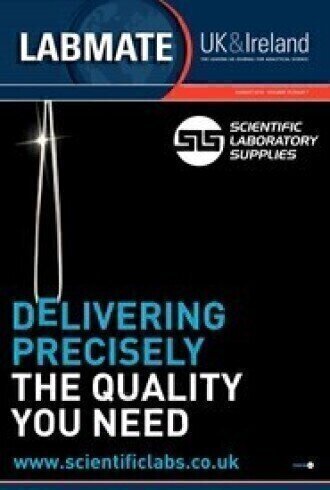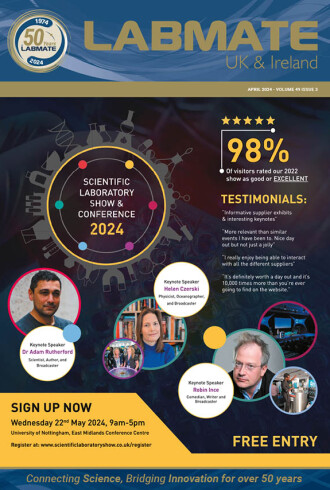Labmate UK & Ireland
Bursting Bubbles with Sound Offers New Treatments for Cancer
A new way to deliver cancer drugs using gas bubbles and sound waves is to be developed at the University of Leeds. The project will enable highly toxic drugs to be delivered in small doses directly to tumours, where their toxicity can safely be put to good use. If successful, the technique could easily be adapted for other diseases.The project brings together engineers, physicists, chemists and cancer specialists from across the University to work on the new technique. The research will use existing chemotherapy drugs to gain initial proof of concept before adapting the delivery mechanism for use with novel therapeutics being developed at the University to treat colorectal cancer. Tiny gas-filled bubbles just a 1000nth of a millimetre across are already used in medicine to provide a clearer image on ultrasound scanners, because, when they are injected into the bloodstream, they reflect a stronger signal than the surrounding tissue.
However, certain ultrasound signals will burst the bubbles and it is this phenomenon that the researchers plan to exploit as a clever cancer treatment.The researchers will attach the drug to microbubbles, along with antibodies that are attracted to the tumour to make the bubbles congregate at the tumour site. Ultrasound will then be applied to the site at the correct frequency, and when the bubbles burst a manageable but effective dose of the drug will be released. An added benefit is that ultrasound can also temporarily rupture cell membranes, helping to get the drug into the cells where it can be most effective.............................
Technical Articles
- Standards Compliant Hot Air Sterilisation at 180°C
Spotlight Features
- Ovens, Incubators & Sterilising Equipment
- Luminescence, UV & Image Analysis
Microscience Review
- Show Review
Other Features
- News & Views
- Market Place
- New Literature & Products
Previous Digital Editions
Digital Edition
International Labmate 49.6 - Sept 2024
September 2024
Chromatography Articles - HPLC gradient validation using non-invasive flowmeters Mass Spectrometry & Spectroscopy Articles - From R&D to QC, making NMR accessible for everyone: Putting NMR...
View all digital editions
Events
Oct 30 2024 Birmingham, UK
Oct 30 2024 Manchester, UK
Nov 11 2024 Dusseldorf, Germany
Nov 12 2024 Cologne, Germany
Nov 12 2024 Tel Aviv, Israel



















